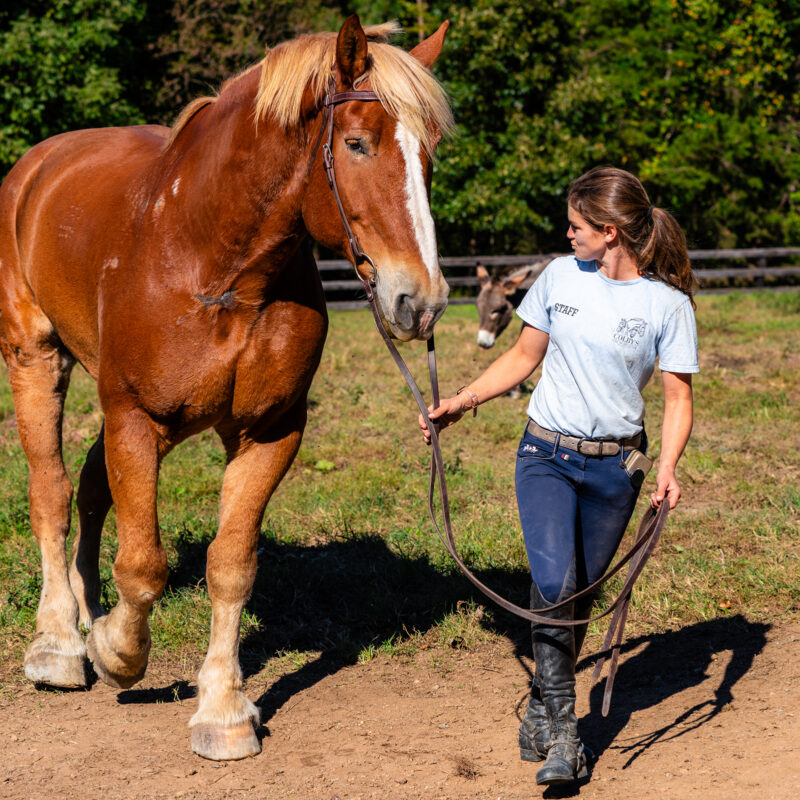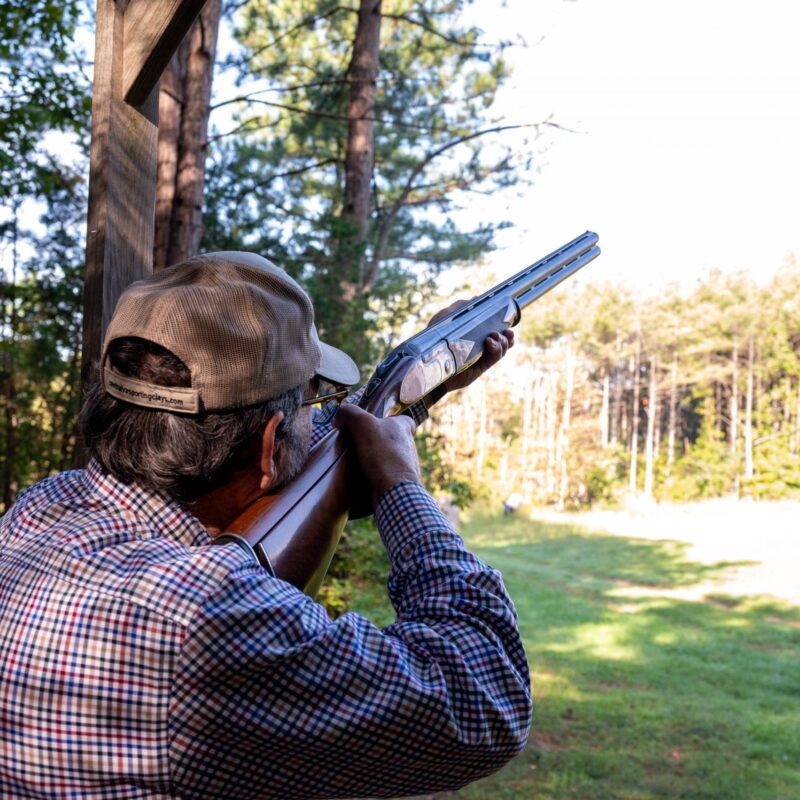Luckily, a lot of people are satisfied with their sex life and don’t need professional counseling. But what about the unhappy ones? What are the most common complaints women and men have when it comes to sex? The top issue for women is low libido, and for men it’s premature ejaculation. The second topic I will cover in my next column.
By the way, some men also complain about decreased sexual desire–or their sexual partners complain to them about it. Usually the couple tells me that “everything else in their relationship works well, but this problem is overshadowing everything, causing friction and sometimes fights.” In many cases, sex happens less and less frequently. Sometimes the low-libido partner will initiate sex out of guilt after a long period of time has passed since the couple last had sex. The other partner, tired of being rejected time after time, often has given up initiating sex at this point, or will only do so when the frustration level hits an unbearable high. The days when both partners were interested in sexual encounters are usually long gone.
 |
The underlying reasons for why one partner may have lost interest in sex can be complex. I take a lot of time identifying and discussing each piece of the puzzle that contributes to a couple’s unique situation. The reasons can be related to the individual (examples are hormonal issues, medication side effects, body image concerns, aging related concerns, depression, sexual trauma, fear of loss of control, fear of pregnancy, lack of attraction to the partner, etc.), or they can be relationship factors (anger or marital conflict; fear of closeness, vulnerability or intimacy; or a passive aggressive solution to power imbalance). I challenge my clients to think about which ones are most important, and then address them first.
In order to talk about sexual desire, it is important to understand what the term really means. Back in the ’60s and ’70s, researchers developed a model of human sexual response that looked like this: Normal sexual response starts with sexual desire, and is followed by arousal, orgasm and resolution. The fact that sexual desire was the starting point became a general expectation, leading women and men who do not feel a strong level of sexual interest to wonder whether something might be wrong. In other words, they think that they should have a natural appetite or hunger for sex in order to be “normal.”
Several researchers eventually called for a model of human sexual response that was not primarily “genitally focused” but included emotional components as well. In particular, Dr. Rosemary Basson recently developed a model that is circular and where the starting point is a desire to feel close or committed to the partner, or feelings of being attracted or attractive, or a need to show love and affection. Note that the person may have little interest in sex at this stage. If the person is in this mood, she (or he) will then seek or be receptive to sexual stimulation. To give an example, imagine that it is late at night and a woman wants nothing more than to go to sleep, but she also wants to cuddle with her spouse. They start kissing, and perhaps he caresses her nipples, slowly (or quickly) causing her to become sexually aroused. It is not until now that her sexual desire becomes evident. Suddenly, she is aroused and wants more physical intimacy and sex.
The important thing to notice here is that for many women sexual arousal has to happen before they can feel a desire for sex. Therefore, I always tell clients that there is nothing wrong with having to work at feeling sexual desire. You do not need to have a strong urge for sex up front, as long as you can get to a point where you can trigger your appetite.
With this in mind, I can begin working with the individual, or even better with the couple, on how to create opportunities where the lower libido partner can access their potential for sexual desire.
Several researchers eventually called for a model of human sexual response that was not primarily “genitally focused” but included emotional components as well.
Annette Owens, MD, Ph.D., is certified by the American Association of Sexuality Educators, Counselors, and Therapists. She sees clients in her Charlottesville office (cvillewellness.com) and answers questions online at LoveandHealth.info and Sexual Health.com. She has co-edited the new four-volume book, Sexual Health (Praeger).





